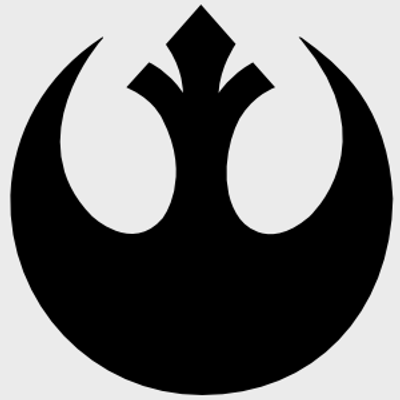This is the first time I’m writing an article about something that’s not even remotely related to web development. But you know what, I can do whatever I want on my own website. Isn’t that great?
As a German, married to a Japanese woman, I keep stumbling over German words in Japanese and it makes me go “what?” なに? every single time.
You probably know, or at least wouldn’t be surprised, that Japanese has tons of English loanwords, but there are actually quite a lot of German words that somehow made it into Japan. And the fun part? Some of them have completely different meanings now!
So I’ve started collecting them and asked my wonderful wife to help me with recording the pronounciations (Thank you ♥).
A quick note on Japanese
Japanese uses three writing systems (yes, seriously). The one we care about here is カタカナ (Katakana), which is used for loanwords. Since Japanese is syllable-based (like ‘ka’, ‘ki’, ‘ku’), foreign words need to fit this pattern. For some sounds there’s no represenation at all. But don’t be mistaken, we’re doing the same with Japanese words in our languages.
That’s why “Thomas” becomes トーマス (tō-ma-su) and “Arbeit” becomes アルバイト (a-ru-ba-i-to).
Everyday words
These are all relatively common words in Japanese (and contain some of my personal favourites). I’ve subtly highlighted some special words. If you’re using a screen reader, the ARIA label should let you know, too 🤗.
Academic
When Japan started modernising in the Meiji period (1868-1912), they looked at German universities (among others) for inspiration. These terms came along with that influence and are still commonly used in Japanese universities today:
Medical
German doctors like Philipp Franz von Siebold (シーボルト) were quite influential in Japan. At least until 1829, when Siebold was arrested and expelled from Japan for stealing maps and other sensitive materials. But Japanese people and medicine personell still use many German words related to that:
Final thoughts
I’m not a linguist, so please forgive me if I made any mistake or wrong assumption (let me know, though!). Also keep in mind my wife is speaking the Kansai dialect in Japanese while I’m speaking Swabian German.
Anyway, if this was something you found interesting, please let me know on Mastodon.
Replies
-

@Thomas Günther wunderschöne Kollaboration ☺️
-

@mrflix Danke dir, hat Spaß gemacht! 🍙🥨
-

@Thomas Günther I believe that エネルギ and マーガリン were also borrowed from German.
-

@adamrice Oh, thank you so much for the suggestions. Much appreciated! エネルギ is awesome and it seems like there's also エネルギッシュ coming from the German "energisch". I'm not so sure about マーガリン as the German "Margarine" would be マーガリネ?
-

@Thomas Günther You would know better than me.
-

@Thomas Günther love it! I had so much fun learning katakana a few years ago, and now it brings back such nice nostalgic feelings :)
P.S. Special thanks for recording these pronunciations!
P.P.S. Have you seen Japanese movie posters? I really like how katakana looks there.
-

@nqst Thank you so much for the nice feedback, it means a lot! I love the Katakana aesthetic myself. It’s also perfect for neon signs ❤️
-

@Thomas Günther 凄い / so geil :)
-

@patrick_h_lauke ありがとうパトリックさん🤗
